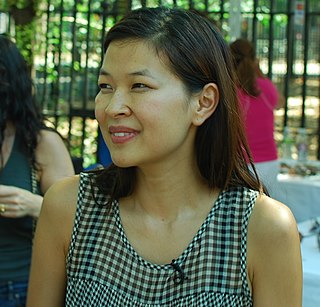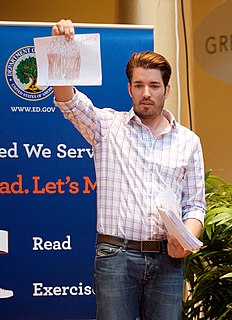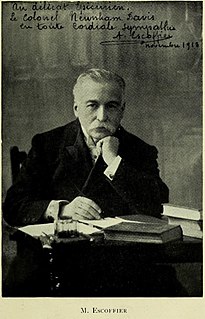A Quote by Mark Cuban
I look at my annual budgets for everything and anything, and I look to see where I can save the most money on those items. Saving 30% to 50% buying in bulk - replenishable items from toothpaste to soup, or whatever I use a lot of - is the best guaranteed return on investment you can get anywhere.
Related Quotes
Kids can learn a lot about necessities and wants by recognizing what people live without. A common routine, but one that should not be overlooked, is having a family donation to a charity for those less fortunate. Ask your kids to search for items, toys, or clothes that they no longer use and contribute those items a collection box.
Keeping physical items from the past is important - we keep old toys, grandparents' jewelry, yearbooks, dance recital programs - and we assign meaning to them. Those items become the memories, and that's a very healthy thing to do. The problems occur when we have too many of those sentimental items, and they start weighing us down.
There are some forty-five thousand items in the average American supermarket and more than a quarter of them now contain corn. This goes for the nonfood items as well: Everything from the
toothpaste and cosmetics to the disposable diapers, trash bags, cleansers, charcoal briquettes, matches, and batteries, right down to the shine on the cover of the magazine that catches your
eye by the checkout: corn.
I don't pretend to be a general or an admiral or anything else, but I just - every time I see - I see President [Barack] Obama get up, "Ladies and gentleman, we are sending 50 people to Iraq," 50.So that's bad in two ways. Number one, it's such a low number that the enemy's saying is that all?And number two, when you think 50, those people now have a target on their back. They wanna find those 50 people and they look for those 50 people.




































